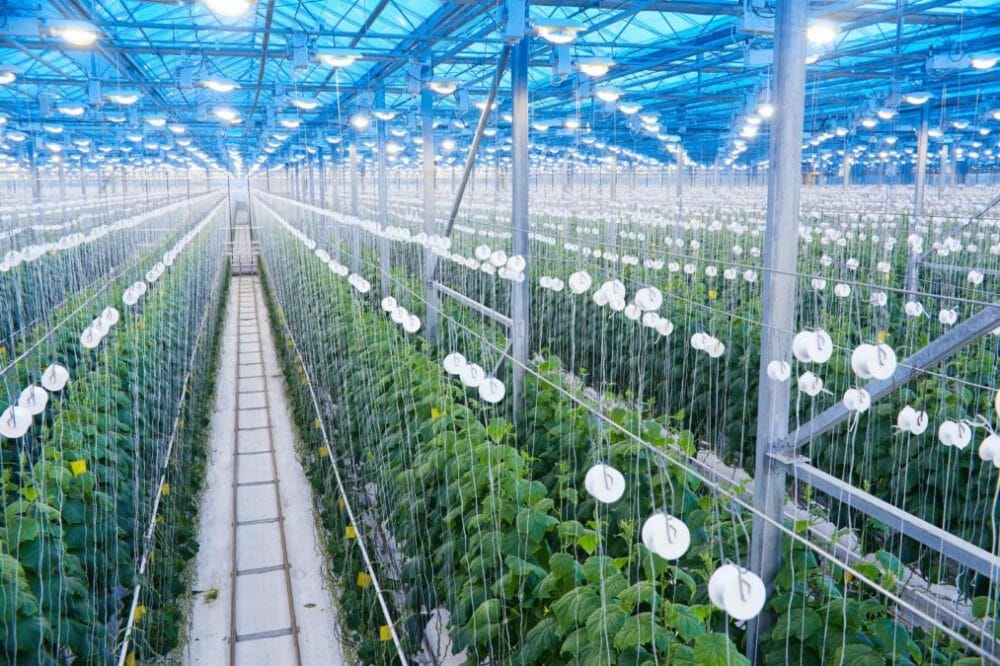A group representing the UK’s beef producers has called for the creation of a real-time database to track cattle electronically.
The call follows the European Commission’s adoption of a proposal to encourage the use of electronic identification (EID) for cattle in member states.
The introduction of an EID system for bovine animals, typically based on electronic tags on the cows’ ears, would reduce admin costs for farmers and improve consumer confidence following the BSE and Foot and Mouth scares, the EC argues.
While welcoming the proposal, the director of the National Beef Association told Farmers Guardian magazine that the success of any EID initiative would depend on the existence of a “real-time” database collating data from the tags.
“If [it] wants to reduce overall costs, increase efficiencies, improve real-time reporting, do away with fraud and other animal disease issues, as well as decrease bureaucracy, then the government must be prepared to invest in the technology and a central or UK database to achieve these benefits,” Kim Haywood told the magazine.
The NBA’s comments reflect one of the key questions concerning so-called ‘Internet of things’ technology. This term describes the integration of data from RFID tags and sensors describing the whereabouts and conditions of physical objects, in order to support analysis and optimisation.
The proposed real-time database of cattle is an example where data produced by private companies (the farmers) could be used in the public interest (tracking diseases etc.) However, the necessary analysis would require some kind of database infrastructure. Who would pay for that and how it would work are open questions.
See also: UK to invest £10m in agricultural informatics centre







